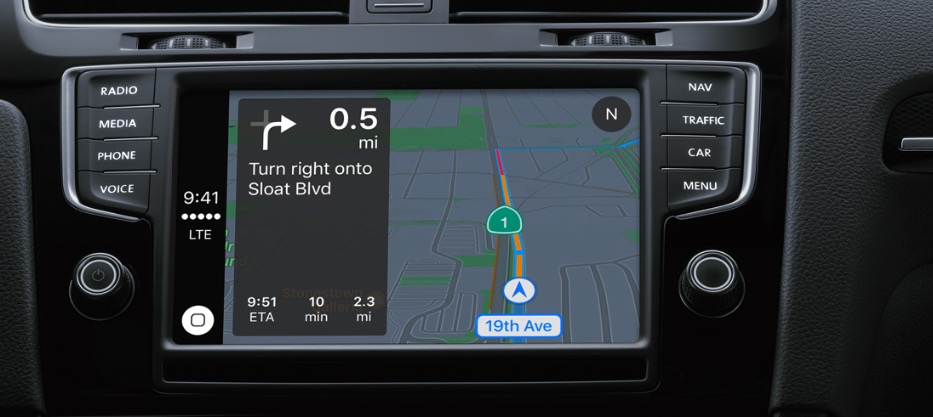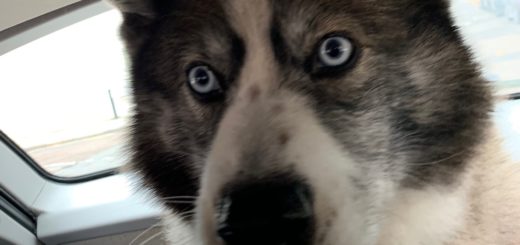How can Apple become as big an auto brand as Bosch?

If Apple decides to license elements of its carOS to car manufacturers, what can it provide that could become as iconic to the motor vehicle as Goodyear, Bosch, BASF or any of the other internationally known brands that provide the best in class experience in their fields?
I’ve been thinking about this and Apple already has several key technologies it could build its presence in the auto industry around, even while leaving the market wide open for the likes of Google or Tesla.
Leaving the market open to competitors isn’t necessarily a bad thing in this situation, given the difficult legal and ethical questions opened up by autonomous vehicle research. Why not let the competitors pay for the many international legal cases that must be settled before the full rules and regulations rule book is internationalized. Meanwhile, Apple can make a whole bunch of good money on licensing fees for some of the technologies it has already developed and market tested, and for new technology that it may have developed/be developing while working on Apple Car.
Here are some ideas:
Siri
There’s lots of competition here, but it seems to me that Apple has a chance to offer one of the voice assistants automakers may want to deploy inside their vehicles, particularly given that real world tests indicate that iOS is actually really rather good for cars.
Entertainment
Goes without saying really. Apple has a great story to tell in in-car entertainment and cross-platform usability. No one else really comes close, with the possible exception of Amazon.
TouchID
Since the start of the Apple Car project, Apple has planned to use TouchID; you’ll use it to open the door, start the ignition, and (presumably) in Apple Pay applications such as paying road tolls. Given how Apple Pay works, it must be possible to license TouchID kits to automakers even if the vehicles are primarily using another OS. Because it’s so secure and extensively market tested, TouchID could be the technology to drive Apple car success.
Telematics
A device called Automatic is a brilliant way to monitor and share vehicle telematics information using a smartphone. Can Apple create a telematics OS to combine component and vehicle monitoring systems with mobile devices? Can it add low-key but useful AI support, enabling such things as automated component replacement and the capacity for a car to book itself in for a tech support appointment if it notices it is developing a fault? I think it can.
Maps
One reason some motor vehicle manufacturers may not want to use Google’s car solutions is privacy and a desire to protect customers from advertising, or data gouging. Apple can offer a Maps product to automobile manufacturers that aren’t based on an ads sales model and that implements customer privacy and security by design.
Differential privacy
Cars that can talk to each other is part of the dream of autonomous vehicles. Collision detection is one thing, but there is also a need for privacy and security. Differential privacy could enable this by only exchanging information transportation management and other vehicles needed to know, rather than sharing everything. To manage traffic flow, city transit authorities will want information about vehicles, where they are, where they are going, but differential privacy will provide them with such data in an anonymized way.
Ad-free driving
While other mapping and autonomous vehicle concepts almost certainly have location-based ads at some point within the experience, Apple can create licensed solutions (such as Maps) that don’t force ads on drivers. What does Apple gain? A licensing fee from manufacturers whose vehicles will seem more attractive to the well-off iPhone user set.
Those are a few technologies Apple could think about licensing. I’m sure there are more –let me know if you identify any others. The bottom line is that when considering a device as complex as a vehicle, there really is no shame in licensing core technologies to others if doing so enables Apple to become a must-have brand within the future vehicle ecosystem.




